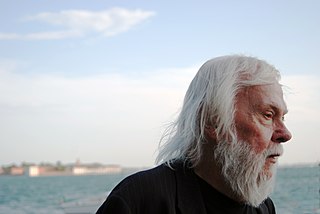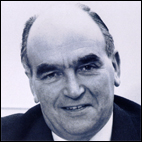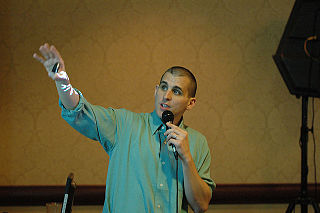A Quote by John Baldessari
If you're smart, you abandon the things that didn't work out so well, and you enlarge upon the things that seem to be successful.
Related Quotes
Those things which we call extraordinary, remarkable, or unusual may make history, but they do not make real life. After all, to do well those things which God ordained to be the common lot of all mankind, is the truest greatness. To be a successful father or a successful mother is greater than to be a successful general or a successful statesman.
When things aren't going well, I complain a lot and get depressed. I whine and I eat and I go to sleep. I do all kinds of things. And if I'm smart, I'll go and clean out a drawer or a closet or go and pay my bills. I do get myself into situations where I'm not happy with what's going on. But you just have to wait it out and have faith that that dry well will fill up again.
I almost always write everything the way it comes out, except I tend much more to take things out rather than put things in. It's out of a desire to really show what's going on at all times, how things smell and look, as well as from the knowledge that I don't want to push things too quickly through to climax; if I do, it won't mean anything. Everything has to be earned, and it takes a lot of work to earn.
My parents both left school at 14, but my parents are incredibly smart, successful, thoughtful people. So one of the lessons I learned from my parents is that the fancy degree is just a foot in the door, and there are a lot of very smart people out there who don't necessarily have the fancy degrees. And given the opportunity, they can do amazing things.
For a lot of people, well-meaning teaching has made poetry seem arcane, difficult, a kind of brown-knotting medicine that might be good for you but doesn't taste so good. So I tried to make a collection of poetry that would be fun. And that would bring out poetry as an art, rather than the challenge to say smart things.
All great tasks test our motivation. It's easy to court ideas over beers and change the world with napkin sketches, but like most things taken home from bars, new challenges arise the next day. It's in the morning light when work begins, and grand ideas (or barroom conquests) lose their luster. To do interesting things requires work and it's no surprise we abandon demanding passions for simpler, easier, more predictable things.








































